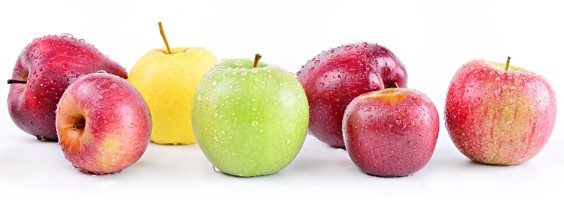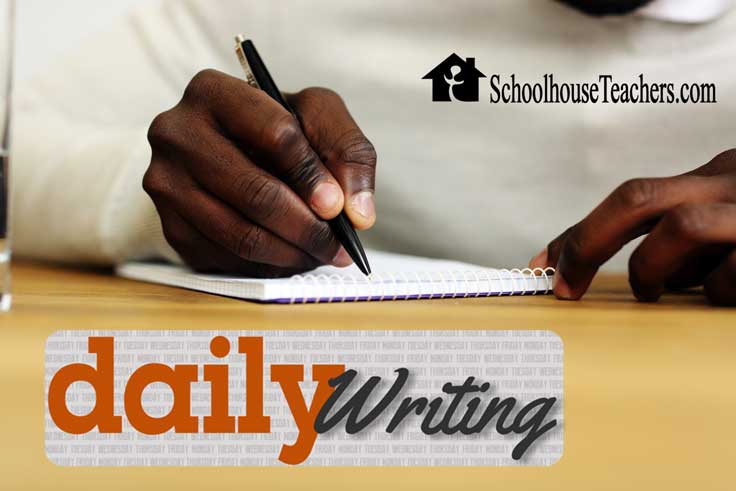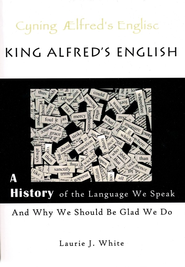Description | Exposition | Narration | Persuasion | All
 Want to inspire your teens to write? Could you use some engaging writing prompts that won’t put your teens to sleep? You’ve come to the right place!
Want to inspire your teens to write? Could you use some engaging writing prompts that won’t put your teens to sleep? You’ve come to the right place!
You’ll find prompts for opinions, descriptions, story writing, current events, prompts that are really tutorials in disguise, and much more. Complete instructions are included with each prompt.
Looking for tutorials on essay writing, proofreading, and so on? Interested in writing prompt bundles that span many grades? Click here.
Find prompts for your middle school students here.
Thanks for visiting the High School Prompts page. If you have a writing prompt you would like to submit, please contact Sharon Watson.
“You can’t wait for inspiration.
You have to go after it with a club.”
— JACK LONDON
Storywriting: Put Your Character into Hot Water, Part 1
You have an idea for a story but don’t know how to get it going. Or you would like to write a story but are out of ideas.
When you write a story, you have to throw a lot of things at your main character, things he or she would rather not have to deal with. In this prompt, you’ll learn two proven methods to get ideas and plunge your character into hot water. In this prompt, you’ll explore three more. (more…)
What Famous Person Would You Like to Interact With?
So you’re driving your taxi, and someone hails you from the sidewalk. In comes a man you eventually recognize, and you get so excited that you shout a phrase from one of his movies to him.
He laughs and joins in the fun. You drop him off, but that is not the end of the story.
Later, he sends you tickets to his latest Broadway show, and you go and even get to meet with him after the show in his dressing room!
You can read the whole, fun story about the taxi driver “Mr. Ferrari” and the famous actor (more…)
Gender-Neutral Language in Writing
Here’s a free grammar lesson for your teens from The Power in Your Hands: Writing Nonfiction in High School, 2nd Edition. It’s on gender-neutral language in writing—and it has the answers at the end! Keep reading to see this valuable lesson. Enjoy!
Incidentally, the subject of gender-neutral language is not related to the transgender movement or any biological issues.
A Sonnet: Be the Shakespeare
Today you get to be Shakespeare and write a sonnet.
A sonnet is a poem of fourteen lines. The last two lines, however, are separate and either sum up the rest of the poem or provide a new twist, as does the sonnet below.
Let’s look at Shakespeare’s Sonnet 62. The letters at the end of each line are Shakespeare’s rhyme scheme, but ignore that for now. Take a few moments and read the sonnet. Then I’ll explain it: (more…)
The Melding of Humans and Technology
“Within 30 years, we will have the means to create superhuman intelligence. Shortly after, the human era will be ended.” -Vernor Vinge, in “The Coming Technological Singularity”
Raymond Kurzweil, a futurist, inventor, and author of books on artificial intelligence, believes that “we’re approaching a moment when computers will become intelligent, and not just intelligent but more intelligent than humans. When that happens, humanity—our bodies, our minds, our civilization—will be completely and irreversibly transformed…. Maybe we’ll merge with [the superintelligent computers] to become superintelligent cyborgs, using computers to extend our intellectual abilities the same way that cars and planes extend our physical abilities.” * (more…)
Perfection: What Is It, and Do We Really Want it?
Is physical perfection possible?
If it is, do we really want it?
And if it isn’t, should we pretend to be perfect?
These are some of the questions teen Haleigh Hohman asks in her Facebook video after finding a very interesting button on her new phone that she calls the “magic button.” (more…)
















